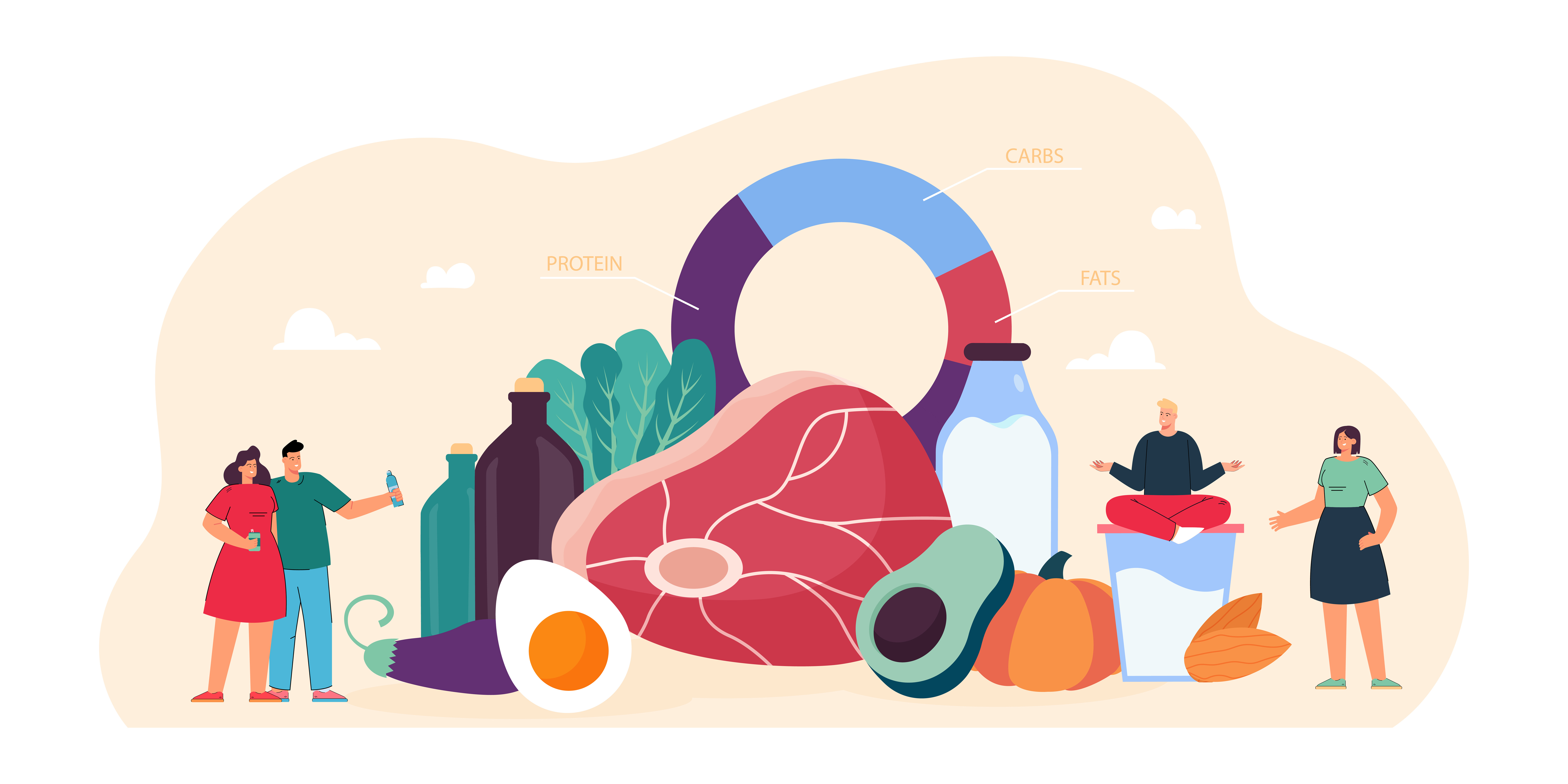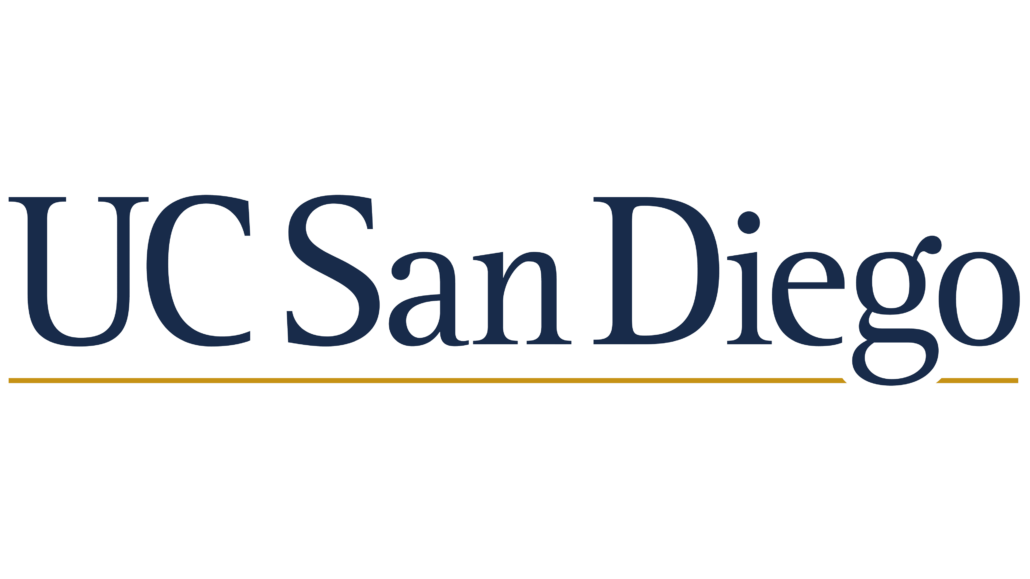Anorexia Nervosa Treatment Research Study
Researchers at the University of California, San Diego are partnering with individuals who have a history of anorexia nervosa to evaluate the effects of a ketogenic diet. Join our compensated study today!

Fast Facts
history of anorexia nervosa
fluent in english
18-45 years old
Compensation Provided
Conducted in San diego, CA
Study Background
Anorexia nervosa (AN) is a severe illness that has very few existing treatments. For eating disorders, especially AN, weight normalization is often a treatment goal. However, symptoms of AN, such as food avoidance and body dissatisfaction, can persist even after a person returns to a healthier weight. This research study seeks to investigate a treatment approach for individuals with AN who are “weight recovered”.
In this treatment approach, individuals with AN would engage in a ketogenic (“keto”) diet after undergoing brain imaging to measure glucose metabolism in the brain. The ketogenic diet is effective in treating neurological conditions and has shown promise in treating mood disorders through its impact on the brain. We want to find out whether a ketogenic diet effectively reduces eating disorder symptoms in people with a history of AN and study how the brain metabolizes glucose before and after the ketogenic diet intervention.
Your participation in this study may help researchers improve treatment approaches for anorexia nervosa. Advance research today and join our compensated study!

Study Background
Anorexia nervosa (AN) is a severe illness that has very few existing treatments. For eating disorders, especially AN, weight normalization is often a treatment goal. However, symptoms of AN, such as food avoidance and body dissatisfaction, can persist even after a person returns to a healthier weight. This research study seeks to investigate a treatment approach for individuals with AN who are “weight recovered”.
In this treatment approach, individuals with AN would engage in a ketogenic (“keto”) diet after undergoing brain imaging to measure glucose metabolism in the brain. The ketogenic diet is effective in treating neurological conditions and has shown promise in treating mood disorders through its impact on the brain. We want to find out whether a ketogenic diet effectively reduces eating disorder symptoms in people with a history of AN and study how the brain metabolizes glucose before and after the ketogenic diet intervention.
Your participation in this study may help researchers improve treatment approaches for anorexia nervosa. Advance research today and join our compensated study!
Additional Information
You may qualify for this study if you meet the following criteria.
Key Criteria:
- 18-45 years old
- History of anorexia nervosa
- Weight recovered (BMI greater than 17.5)
- Still experiencing eating disorder-specific symptoms
- Fluent in English
- The following types of psychiatric medications are allowed: antidepressant, anxiolytic, atypical antipsychotic, mood stabilizers
Exclusion Criteria:
- Pregnant or nursing
- Electrolyte, blood count, kidney function or liver function abnormalities
- Psychosis
- Neurocognitive disorders including dementias or traumatic brain injury that is symptomatic
- Current alcohol or substance use disorder
- Uncontrolled hypertension
- Liver impairment
- Diabetes
- Family history of porphyria
- History of recent heart attack, vascular disease, or any other current acute medical conditions
- Blindness or illiteracy
- Metal in body that cannot be removed such as braces or a cardiac implant or pacemaker
- Severe claustrophobia
After the initial phone/email screening, potential participants will complete an in-person screening visit to check eligibility.
Pre-Intervention Brain Imaging
- Prior to starting the intervention, participants will undergo a structural MRI that measures your brain anatomy
- Participants will also complete a PET/CT that measures how glucose is metabolized in the brain
In-person screening visit
- Diagnostic assessment
- Comprehensive medical interview
- Height/weight measurement
- Blood draw
- Receive the KetoMojo ketometer and MyClearStep scale to use for daily/weekly ketone and weight measurements
Intervention Stage
- The study dietician will introduce participants to the keto diet and will meet with each individual every 1-2 weeks virtually via Zoom or in person
- Participants will be reimbursed for the ketogenic meals
- During the 2-week induction phase, the goal is to achieve ketosis as measured through daily blood ketone measurements using the Keto Mojo keto-meter. The dietician will help you adjust your diet to get your blood ketone levels to the target range.
- During the 12-week maintenance phase, weekly blood ketone levels will be measured and weekly weights will be taken via the MyClearStep scale, which allows blind weights at home that are automatically uploaded to the research team for review
- Participants can meet with a peer counselor in person or via Zoom to help engage in the program, describe your own experience, and help through difficulties. Meetings are usually 30-60 minutes on an as-needed basis
- All participants will have a weekly psychiatric follow-up in person or via Zoom during the intervention.
Exit Interview
- In the last week of the intervention participants will complete a second MRI scan and PET/CT scan
- Participants will also complete a second blood draw
- Research staff will meet with each subject virtually or in person to complete a few questionnaires. At this visit, a final weight will be taken and participants will return the ketone meter and scale.
- The study dietician will discuss a plan for discontinuation of the diet. If you decide that you want to stay on the diet, the dietician will provide referrals to dieticians who specialize in ketogenic diet that you may choose to see after the study ends.
3-month Follow Up
- Participants will meet with the study dietician and psychiatrist for 3 follow-up visits (1-month, 3-months, and 6-months after the study intervention has ended) to assess their progress. They will also be asked to complete a 3-day food log prior to the visit.
Compensation is provided up to $1,975 for your time. Travel reimbursement may also be provided for out-of-state participants.




